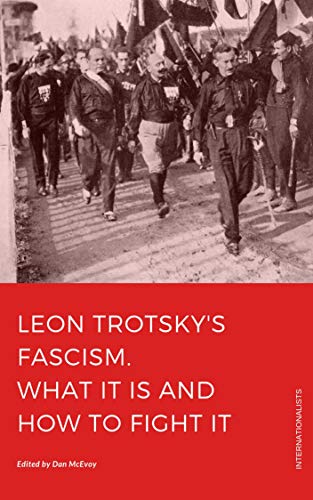What do you think?
Rate this book


75 pages, Kindle Edition
First published January 1, 1944
In a country where the sole employer is the State, opposition means death by slow starvation. The old principle: who does not work shall not eat, has been replaced by a new one: who does not obey shall not eat.
An army cannot be built without reprisals. Masses of men cannot be led to death unless the army command has the death-penalty in its arsenal. So long as those malicious tailless apes that are so proud of their technical achievements—the animals that we call men—will build armies and wage wars, the command will always be obliged to place the soldiers between the possible death in the front and the inevitable one in the rear.